Are you looking for a reliable and experienced allergist in Cebu City who can help diagnose and treat your allergy symptoms? As the Philippines’ second most populous city, Cebu City is home to a wide variety of medical professionals, including top-notch allergists. In this blog post, we’ve compiled an all-inclusive list of the very best allergists in Cebu City so that you can make an informed choice about who to trust with your health care needs. Read on to get started!
Are you constantly sneezing or experiencing itchy eyes? Don’t let allergies keep you from enjoying what Cebu City has to offer. An allergist could be just what you need to manage your symptoms and breathe easier. With a focus on identifying and treating allergies, allergists can help provide relief from the uncomfortable and sometimes even dangerous reactions that allergies can cause. From pollen to pet dander, allergists have the expertise to pinpoint your triggers and recommend the best course of treatment.
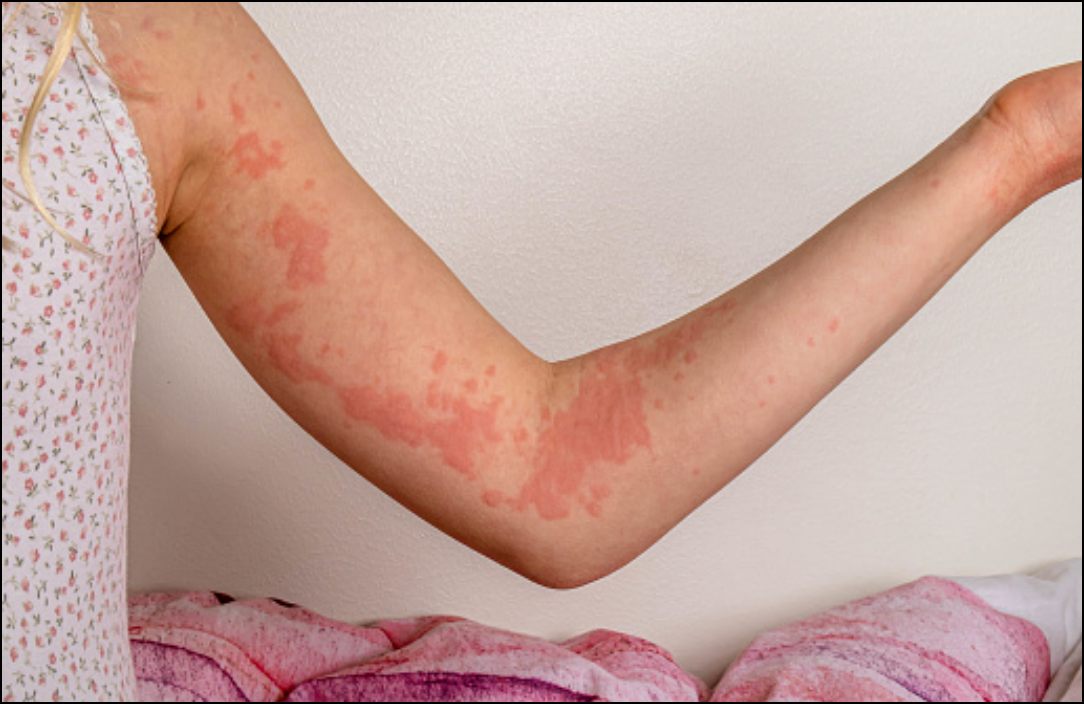
What is an Allergist?
An allergist is a medical doctor who specializes in the diagnosis and treatment of allergies and related conditions. This type of specialist helps patients determine what is causing their allergic reactions and works with them to find ways to avoid those triggers. In addition to treating conditions like asthma, eczema, and hay fever, an allergist can also provide immunotherapy, which can help reduce allergy symptoms over time.
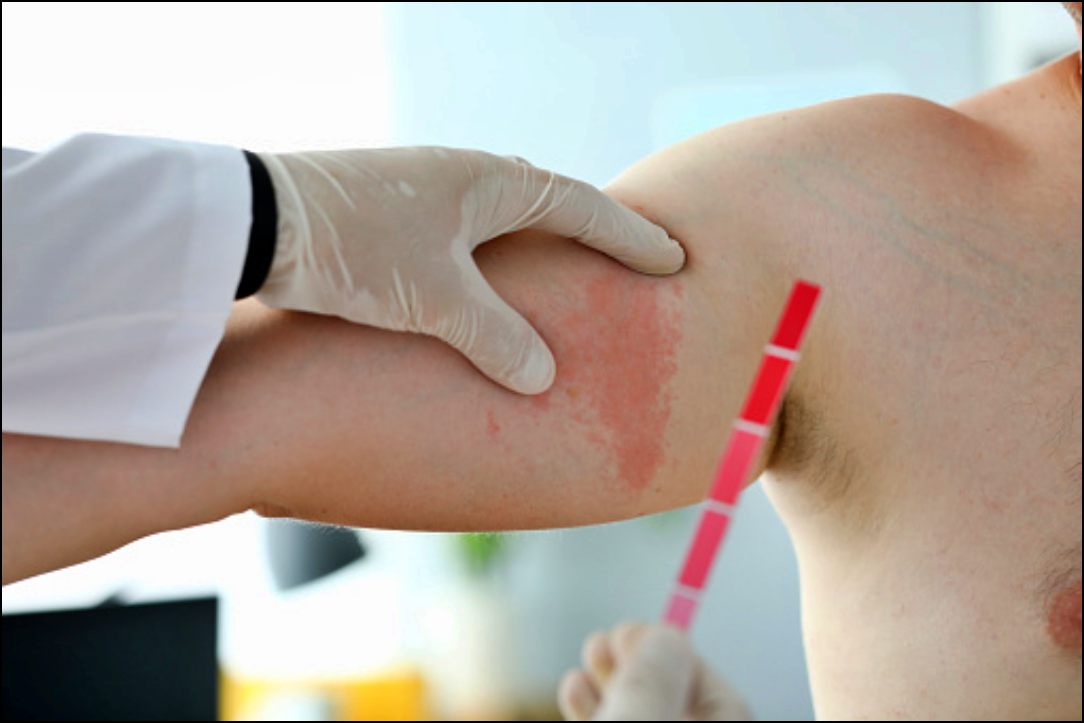
Can allergies be cured?
If you’re one of the millions of people around the world who suffer from allergies, you’ll know how frustrating it can be to constantly deal with symptoms such as sneezing, itchy eyes, and congestion. But is there a cure for allergies, or are we doomed to suffer forever? Unfortunately, there’s no simple answer to this question.
While there are a variety of treatments available that can help manage allergy symptoms, such as antihistamines, nasal sprays, or allergy shots, there’s no surefire way to completely get rid of allergies. That being said, some people do experience a reduction in symptoms over time, while others may find that changes to their diet or environment help alleviate their allergies.
Ultimately, it’s important to work with your doctor to find the best treatment options for your individual situation.
Services Offered by Allergists
When it comes to finding relief from allergies, the right allergist makes all the difference. To help you make an informed decision, here’s a list of services offered by allergists:
• Diagnosis and Treatment of Allergies
• Immunotherapy for Allergies
• Skin Testing for Allergens
• Diagnosis and Treatment of Asthma
• Allergy Injections and Desensitization
• Management of Anaphylaxis
• Pulmonary Function Tests (PFTs)
• Education on Prevention, Management, and Recognizing Symptoms
List of Allergists in Cebu City
Finding the right allergist can be a daunting task. To make your search easier, here is an all-inclusive list of allergists in Cebu City:
Dr. James Windford R. Gelaga
Address: Rm 402 Medical Arts Bldg 2 Cebu Doctors’ University Hospital, Gov. M. Roa St, l, Cebu City, 6000 Cebu
Areas served: Cebu City
Phone: 0923 526 4480
Gemma L. Viola, MD
Address: 50 Gov. M. Roa St, Cebu City, Cebu
Phone: (032) 253 5007
Hours: 9 AM – 1 PM (Monday – Saturday)
Vanessa Fajardo, M.D.
Address: Chong Hua Hospital, Rosal Street, Cebu City
Phone: (032) 239 0131
Dr. Joselito D. Almendras
Address: Room 327, Cebu Doctor’s University Hospital, Osmeña Blvd, Cebu City, 6000 Cebu
Phone: (032) 412 4920
Judith B. Brigoli, MD
Address: Room 115, Cebu Doctor’s University Hospital, Osmeña Boulevard, Cebu City, Cebu
Phone: (032) 256 2734
There may not be as many allergists in Cebu City as in other major cities, but you can be sure that those on this list are experienced and qualified to help you with your allergies.
Common symptoms that warrant a visit to an allergist include:
• Asthma

• Coughing or wheezing

• Difficulty breathing

• Itchy eyes, nose, and throat
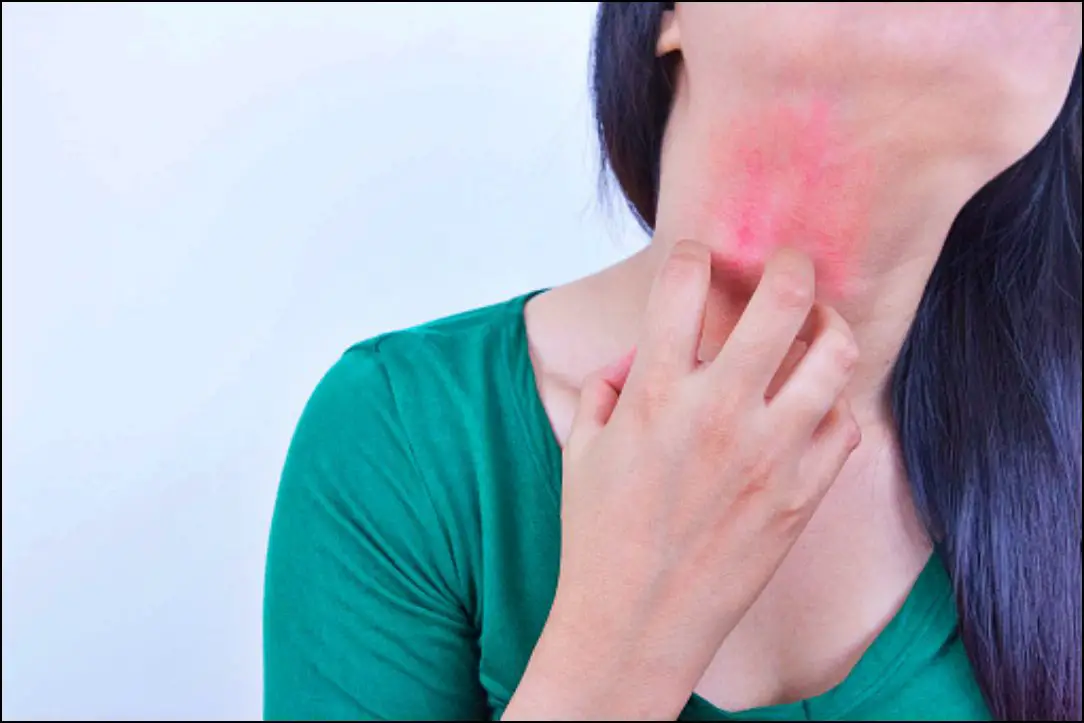
• Shortness of breath
 • Swelling
• Swelling
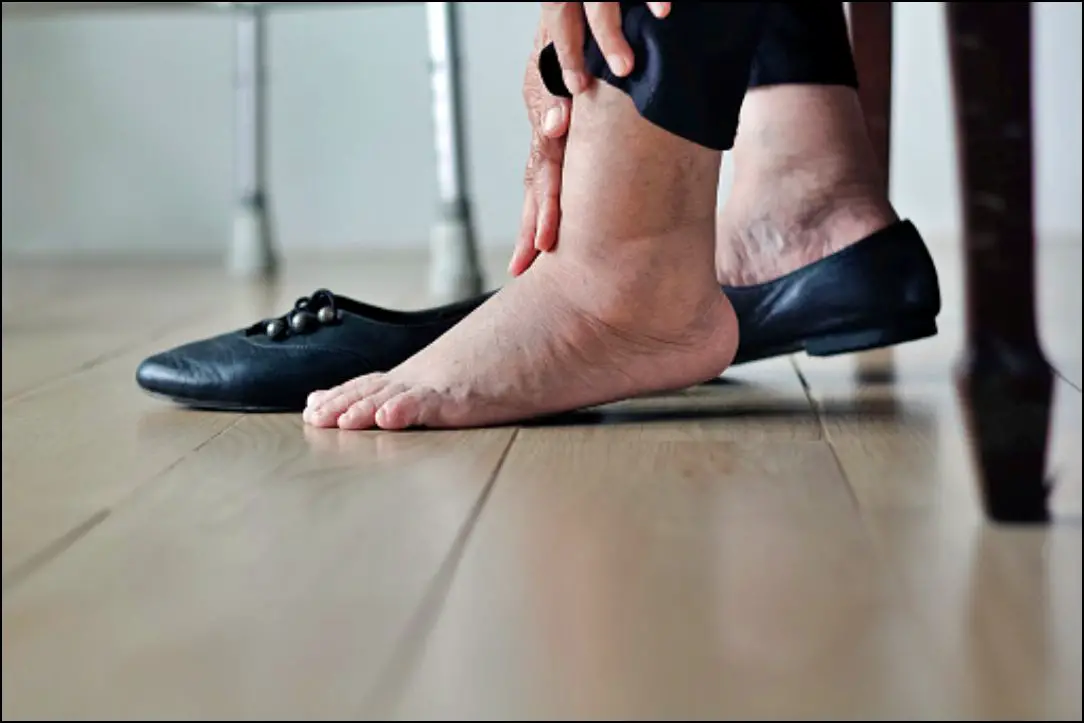
• Watery or itchy eyes

• Allergic reactions to food, medication, and insect stings
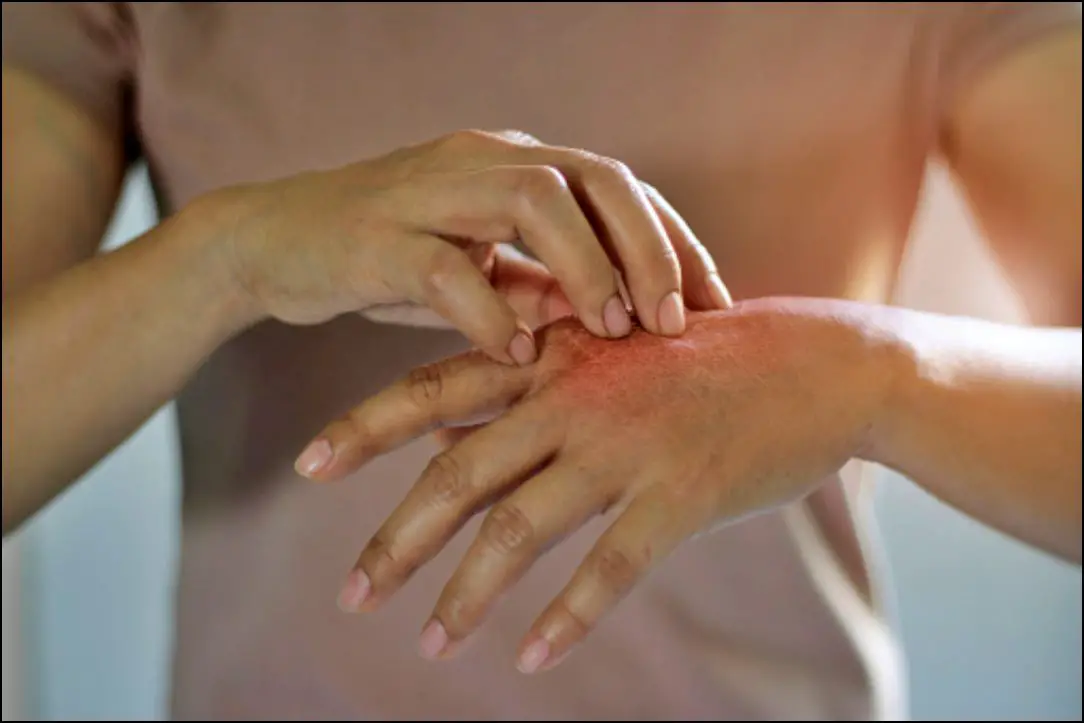
Foods to Avoid With Allergies
It’s important to understand foods that can trigger allergies and worsen symptoms, so you can make informed decisions when planning meals. Common food allergens include:
1. Nuts
2. Shellfish
3. Milk
4. Wheat
5. Soy
6. Eggs
7. Fish
8. Sesame
9. Peanuts
10. Tree nuts
11. Corn
If you have food allergies, it is best to avoid these items and any products that contain them as ingredients or on product labels. It is also important to read food labels and ask questions before eating out to make sure the foods you are consuming do not contain any of your allergens.
Kinds of Allergies
1. Allergic rhinitis or hay fever
2. Asthma
3. Eczema or atopic dermatitis
4. Anaphylaxis
5. Food allergies
6. Drug allergies
7. Insect sting allergies
8. Latex allergy
9. Eye allergies (ocular allergies) free from the effects of allergies.
Frequently Asked Questions
1. What is the best way to avoid triggering my allergies?
A: The best way to avoid triggering your allergies is to read food labels carefully and ask questions when dining out. It’s also important to be aware of cross-reacting foods, as these can trigger allergic reactions as well.
2. What should I do if I think I’m having an allergic reaction?
A: If you experience any signs of an allergic reaction, such as itchy skin, hives, swelling, difficulty breathing or swallowing, dizziness or fainting, it’s important to seek medical help immediately.
3. Is there a difference between an allergist and an immunologist?
A: Yes, while both specialize in allergies and immunology, allergists focus more on diagnosing and treating allergic reactions and conditions. Immunologists, on the other hand, specialize more in helping patients with diseases that affect their immune system.
4. What treatments do allergists offer?
A: Allergists offer a variety of treatments for allergies, including medications, immunotherapy, and lifestyle changes. Medications may include antihistamines or corticosteroids, while immunotherapy involves using small doses of the allergen to help build up immunity over time. Lifestyle changes such as avoiding triggers and taking steps to reduce exposure can also help to reduce symptoms. Your allergist will be able to recommend the best treatment plan based on your individual needs.
5. How often should I see an allergist?
A: Generally, you should visit an allergist for a check-up every 1 to 3 years. However, if your symptoms become worse and/or more frequent, or if you develop new allergies, it’s important to make an appointment with your allergist as soon as possible.
Summary
Allergies can be debilitating and difficult to manage, but the right allergist and an understanding of common triggers can improve the quality of life for those who suffer from them. This blog post provided a list of allergists in Cebu City, as well as a comprehensive overview of different types of allergies and foods to avoid with allergies. By understanding the types of allergies, foods that trigger them and seeking help from a qualified allergist, allergy sufferers can get the relief they need. With the right care and knowledge, living with allergies doesn’t have to be so hard!